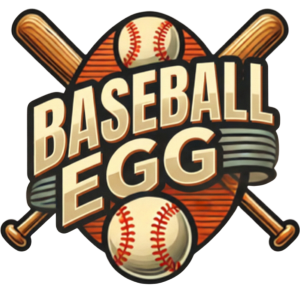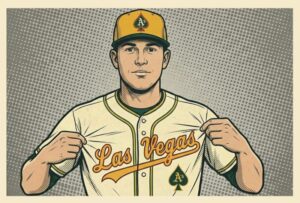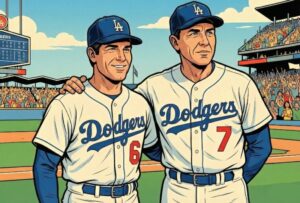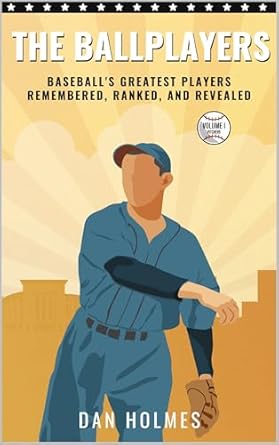It was the seventh game of the World Series and only days earlier the owner of the team had tried to fire his second baseman. Their pitcher, a 20-game winner during the season, hadn’t picked up a bat in a game all year but he delivered key hits to win Game One, and the best player on the team had a love/hate relationship with almost every one of his teammates. Oh, and just about everyone had a mustache and a nickname.
These were the 1973 Oakland A’s, the defending World Series champions.
In this series the A’s opponent was the New York Mets, an aging underdog team that won the National League pennant under the mantra “Ya’ Gotta Believe!”
As late in the season as September 11, the Mets were in fourth place, five games under .500, but in a weak division they outlasted their competition and advanced to the playoffs where they upset the Cincinnati Reds to advance to the Fall Classic.
The 1973 Mets were fueled by a dominant pitching staff, led by the quartet of Tom Seaver, Jerry Koosman, Jon Matlack, and George Stone.
The A’s were essentially the same club that had won the Series in 1972: led by third baseman Sal Bando, shortstop Bert Campaneris, first baseman Gene Tenace, left fielder Joe Rudi, and slugging right fielder Reggie Jackson, the superstar who had a tenuous relationship with the Oakland brass as well as many of his teammates.
The A’s were deep in pitching with 20-game winners Catfish Hunter, Ken Holtzman, and Vida Blue. Rollie Fingers, he of the handlebar mustache, was their bullpen stopper. The A’s were overwhelmingly favored to defeat the Mets and repeat as champs.
But early in the Series it looked as if the A’s would defeat themselves. After second baseman Mike Andrews made two costly errors in extra innings in Game Two that led to a New York victory, Oakland owner Charley Finley sprung into action. Furious at the miscues by his second baseman, Finley announced that Andrews was “injured” and being placed on the disabled list. Commissioner Bowie Kuhn saw through the ruse and ordered Andrews reinstated for Game Three. Finley was furious, the incident one more in a long line of squabbles that he had with the commish.
Game Seven of the 1973 World Series
The two teams split the first six games and Game Seven was schedule for a Sunday afternoon in Oakland. Matlack was on the mound for Yogi Berra’s Mets, while Holtzman toed the rubber for the A’s. It was the third matchup between the two in the Series, each having one once. In this game, Holtzman proved to be more clutch. Not only did he hurl six innings of one-run ball, he also doubled to start the scoring. That came in the third when Holtzman’s unlikely hit (the designated hitter had been used all season so he hadn’t batted once in ’73 before the Series) was followed by a home run from Campaneris. Three batters later, Reggie hit a mammoth two-run blast to deep center to make it 4-0. The A’s bullpen finished off the Mets for the 5-2 victory and Oakland’s second straight title. Reggie was named Series MVP.
But even as the champagne was being uncorked in the clubhouse, the A’s were falling apart. Manager Dick Williams, fed up with the antics of his owner, announced that he would not be coming back in 1974.
But the next October, with a new manager, the Mustache Gang was right back in the same place, playing and winning another Fall Classic. They were dysfunctional, but as they proved in Game Seven of the 1973 Series, the Swingin’ A’s could overcome drama to become champions.





